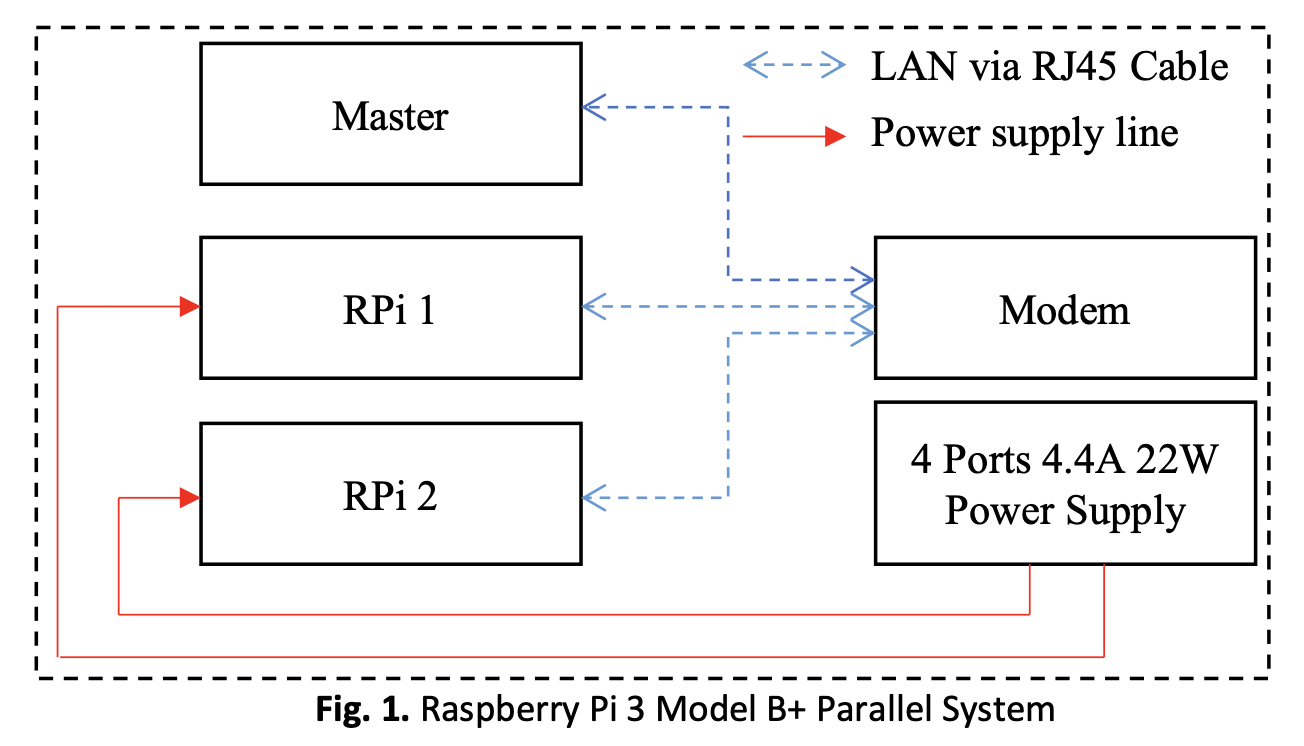Evaluation of CFD Computing Performance on Multi-Core Processors for Flow Simulations
DOI:
https://doi.org/10.37934/araset.28.1.6780Keywords:
Computational Fluid Dynamics, Raspberry Pi, parallel computing, RISC, MPI, SSH, NACAAbstract
Previous parallel computing implementations for Computational Fluid Dynamics (CFD) focused extensively on Complex Instruction Set Computer (CISC). Parallel programming was incorporated into the previous generation of the Raspberry Pi Reduced Instruction Set Computer (RISC). However, it yielded poor computing performance due to the processing power limits of the time. This research focuses on utilising two Raspberry Pi 3 B+ with increased processing capability compared to its previous generation to tackle fluid flow problems using numerical analysis and CFD. Parallel computing elements such as Secure Shell (SSH) and the Message Passing Interface (MPI) protocol were implemented for Advanced RISC Machine (ARM) processors. The parallel network was then validated by a processor call attempt and core execution test. Parallelisation of the processors enables the study of fluid flow and computational fluid dynamics (CFD) problems, such as validation of the NACA 0012 airfoil and an additional case of the Laplace equation for computing the temperature distribution via the parallel system. The experimental NACA 0012 data was validated using the parallel system, which can simulate the airfoil's physics. Each core was enabled and tested to determine the system's performance in parallelising the execution of various programming algorithms such as pi calculation. A comparison of the execution time for the NACA 0012 validation case yielded a parallelisation efficiency above 50%. The case studies confirmed the Raspberry Pi 3 B+'s successful parallelisation independent of external software and machines, making it a self-sustaining compact demonstration cluster of parallel computers for CFD.
Downloads




























